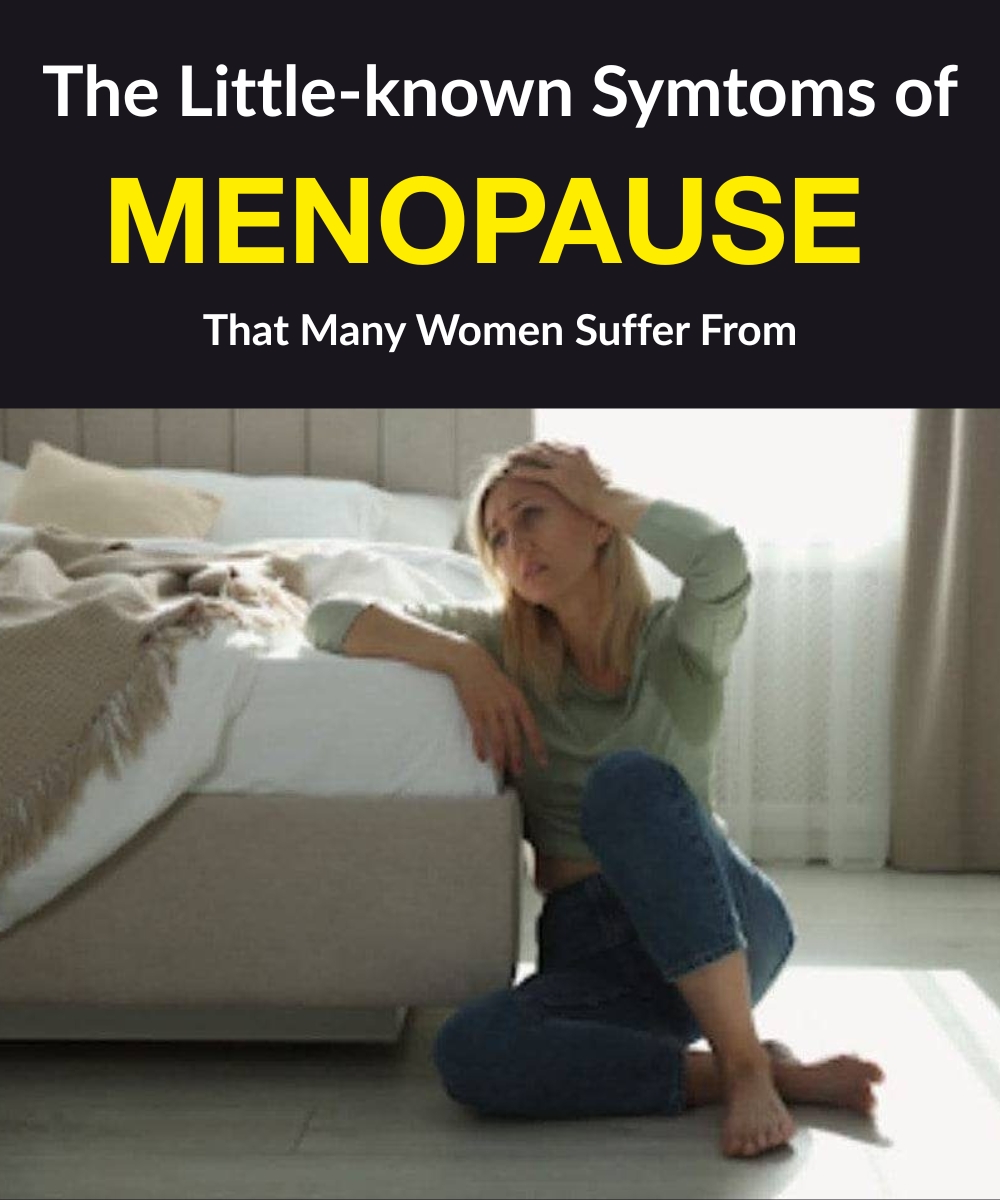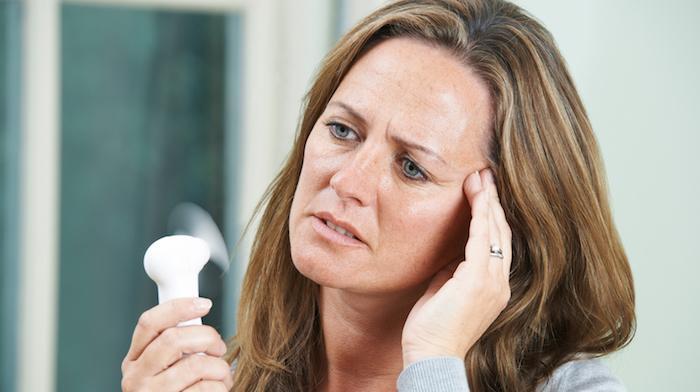Understanding Menopause: Navigating the Transition
Menopause is an inevitable phase in every woman’s life, typically occurring between the ages of 45 and 55. The average age for the onset of menopause is around 51. This natural biological transition marks the end of a woman’s reproductive years and brings about a series of physical and emotional changes caused by hormonal fluctuations. Understanding menopause is crucial for women at this stage, as it involves significant lifestyle adjustments and health considerations that can impact their future quality of life.

Despite being a normal part of aging, many women approach menopause with apprehension. This fear often stems from the fact that symptoms can vary significantly from one woman to another, leaving many uncertain about what to expect. Research indicates that about 75% of women experience symptoms during menopause, with some facing challenges that may significantly affect their daily lives. It is crucial to understand what happens during menopause and how to address the accompanying symptoms to navigate this transition smoothly.


What Happens to the Body During Menopause?
Menopause is primarily caused by the natural aging process. As women grow older, the ovaries gradually become less responsive to the hormones that regulate the menstrual cycle. This decline leads to a significant reduction in the production of key sex hormones, namely estrogen and progesterone. Estrogen levels decline sharply, resulting in various physical changes, including alterations in body composition and skin elasticity, which can contribute to the appearance of fine lines and wrinkles.

While the aging process is the most common cause of menopause, it can also occur due to surgical interventions—like a hysterectomy—or damage to the ovaries caused by certain medical treatments, such as chemotherapy or radiation therapy. This can result in an abrupt onset of menopause, often referred to as induced menopause, which can be particularly challenging for younger women who may not expect their reproductive years to end so suddenly.
Common Symptoms of Menopause

The symptoms of menopause can differ widely among women, making it vital to recognize and understand the most common indications. Here are some prevalent symptoms:
- Hot flashes and night sweats: Sudden feelings of heat that can last for several minutes.
- Irregular menstrual cycles: Changes in the frequency and intensity of periods.
- Vaginal dryness and discomfort during intercourse: Resulting from decreased estrogen levels.
- Mood swings and anxiety: Fluctuating hormone levels can impact emotional well-being.
- Sleep disturbances: Insomnia or interruptions due to night sweats.
- Decreased libido: Changes in sexual desire or function.
- Weight gain and metabolic changes: Slower metabolism can lead to weight accumulation, particularly around the abdomen.
It is essential to remember that every woman’s experience with menopause is unique. Some might experience numerous symptoms, while others may have only a few. For instance, one woman might struggle with severe hot flashes that disrupt her daily routine, while another might notice only minor changes. If you notice significant changes in your body or mood, consulting with a healthcare provider can offer clarity and assistance. Additionally, keeping a journal of symptoms can help in discussions with healthcare professionals.
The Health Implications of Menopause

Menopause doesn’t just bring about physical changes; it can also have profound effects on overall health. The hormonal shifts experienced during this period can increase the risk of various health issues, including heart disease, which is exacerbated by the decline in estrogen that helps protect the cardiovascular system. Women are advised to undergo regular check-ups, including blood pressure monitoring and cholesterol checks, to manage these risks effectively.
Additionally, women may face a heightened risk of urinary tract and vaginal infections due to hormonal changes, which can also lead to dyspareunia—pain during sexual intercourse. Osteoporosis, another significant concern, is characterized by a decrease in bone density, increasing susceptibility to fractures. Women need to be proactive about bone health by ensuring an adequate intake of calcium and vitamin D, as well as engaging in weight-bearing exercises.
Strategies for Managing Menopause

Fortunately, several strategies can help manage the symptoms and discomfort associated with menopause. Here are some effective approaches:
- Lifestyle changes: Adopting a healthy diet rich in calcium and engaging in regular exercise can help alleviate some menopause-related symptoms. A diet that includes fruits, vegetables, whole grains, and lean proteins can benefit overall health.
- Hormone replacement therapy (HRT): HRT can effectively relieve many common symptoms of menopause by replenishing the hormones that decrease during this transition. It is crucial to discuss the risks and benefits with a healthcare provider to determine if this option is suitable.
- Non-hormonal treatments: Various medications, including some antidepressants and blood pressure drugs, have been shown to reduce specific symptoms such as hot flashes. These options may be particularly appealing to women who prefer to avoid hormonal treatments.
- Alternative and complementary therapies: Practices like acupuncture, yoga, and mindfulness can help manage stress and improve sleep quality during this challenging time. Many women find that holistic approaches contribute positively to their overall well-being.
Menopause is a significant life transition that can be challenging, but with the right information and support, it is possible to manage its effects effectively. Empowering oneself with knowledge about the symptoms, health implications, and possible management strategies can make all the difference in embracing this new chapter of life. Additionally, seeking support from other women going through similar experiences can foster a sense of community and provide emotional comfort during this period of change.
“`
















